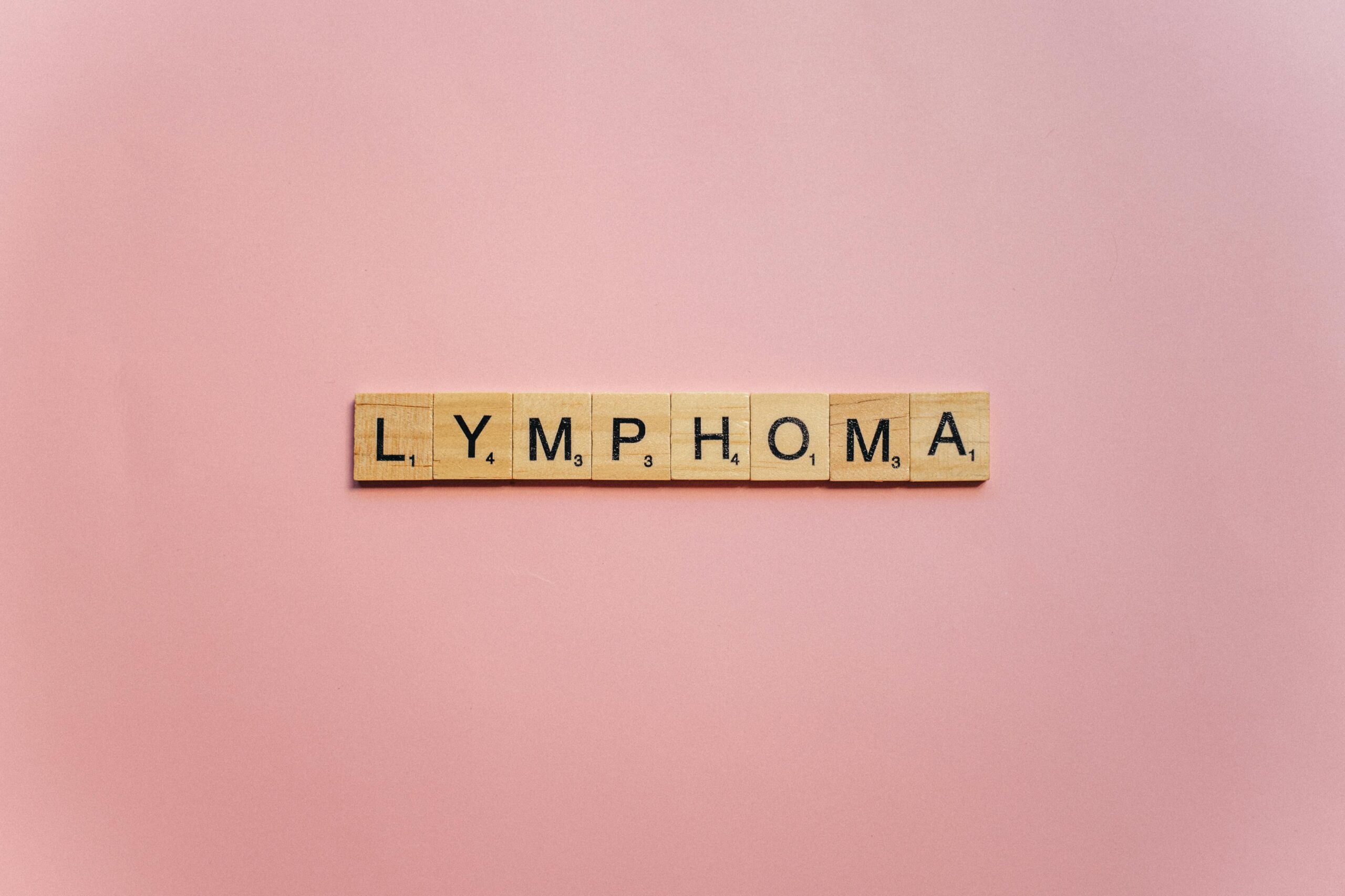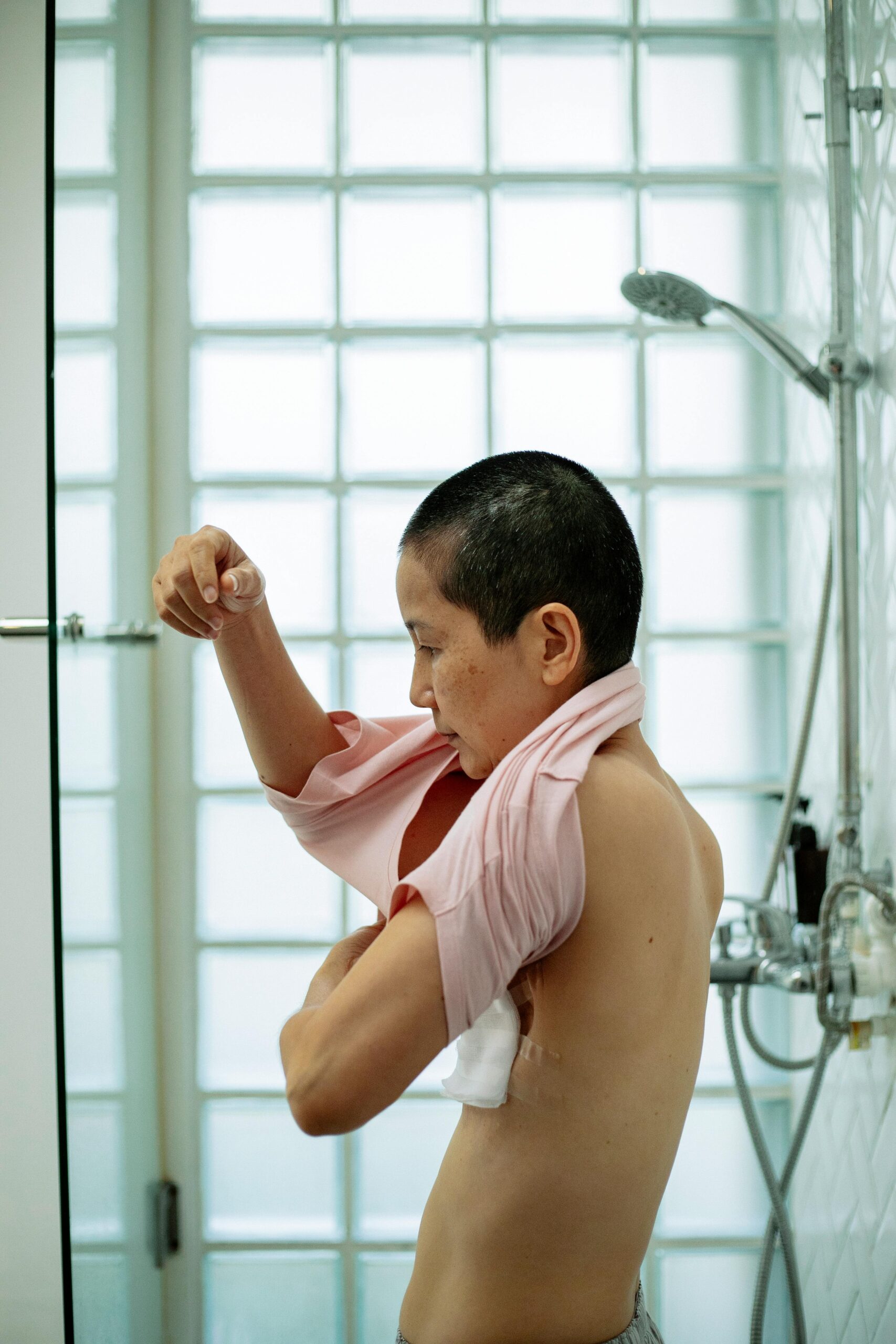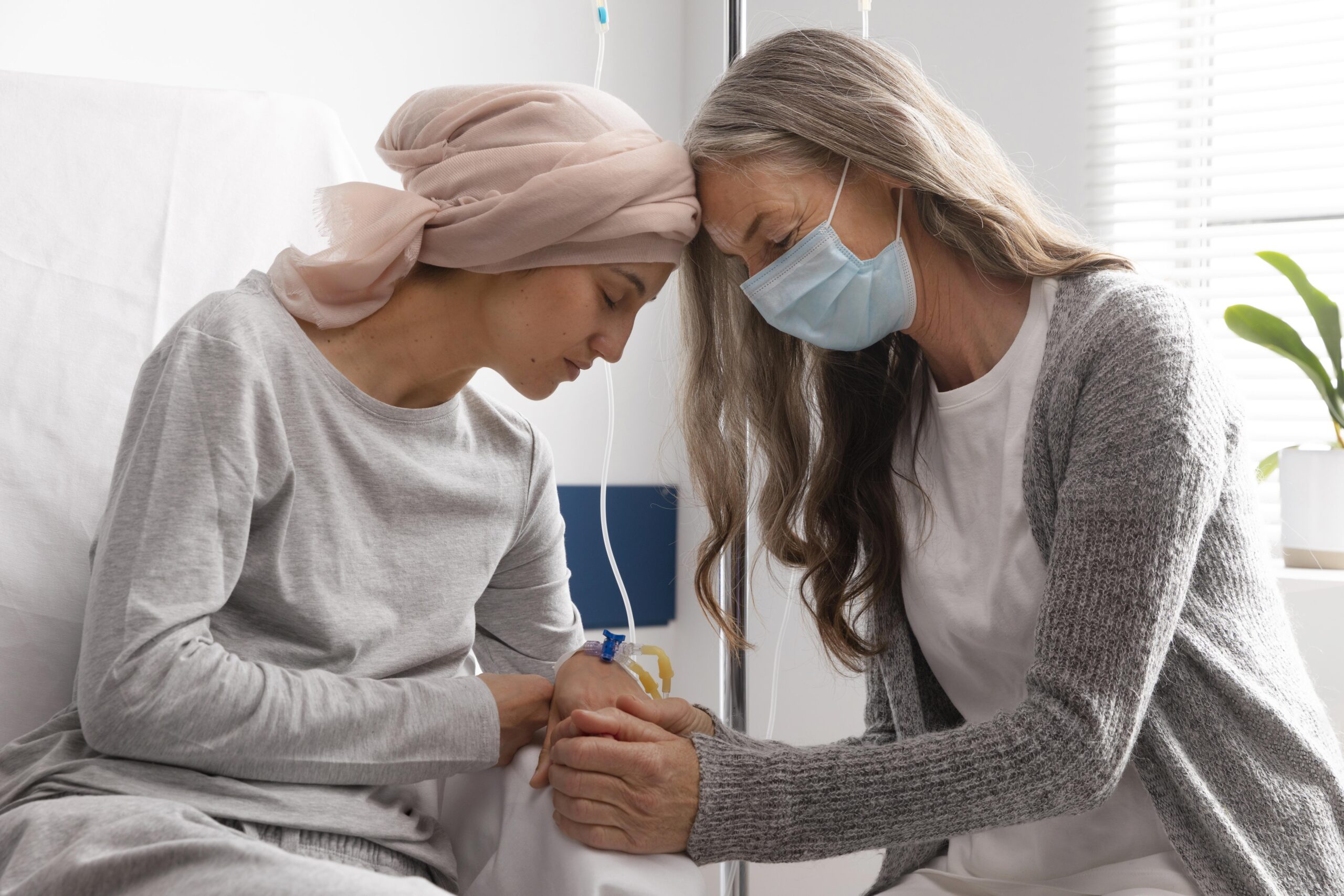Category: Symptoms & Side Effects
-

Cancer Recovery: A Holistic Approach with the Carer Cancer Program
Cancer treatment, while life-saving, often comes with challenging side effects that impact a patient’s physical, emotional, and mental well-being. The Carer Cancer Program provides a comprehensive and all-encompassing healing strategy that addresses these issues by emphasizing symptom management and general rehabilitation. Dr. Rajeev Vijayakumar, Consultant Medical Oncologist, emphasizes the importance of this program, stating: “The…
-

Understanding Non-Hodgkin’s Lymphoma: Symptoms, Causes, and Treatment
Non-Hodgkin’s lymphoma (NHL) is a type of cancer that originates in the lymphatic system, which is part of the body’s immune defense. In contrast to Hodgkin’s lymphoma, NHL is more prevalent and encompasses a wide range of blood cancers that impact lymphocytes, which are white blood cells. The main features of NHL are examined in…
-

The Science Behind Plastics and Cancer Risk: What You Can Do
Plastic is everywhere. From our kitchens to our cars and are even part of crucial processes in places like hospitals. Growing research indicates that certain chemicals have been proven to be harmful, especially when it comes to long-term cancer risk. While we’re not calling for panic or perfection, small shifts in how we interact with…
-

Understanding Chronic Inflammation: Causes, Risks, and Prevention
Have you ever noticed a red, swollen bump after an injury or insect bite? That’s acute inflammation—your body’s natural defense mechanism to heal itself. Similarly, inflammation can occur inside your body as well. This presents differently as symptoms that may seem unrelated. When inflammation persists for months or even years without an apparent cause, it…
-

Coping with Nausea and Appetite Loss During Chemotherapy: Holistic Tips that Help
Chemotherapy is a life-saving treatment, but its side effects particularly nausea and appetite loss can make eating a challenge. Comfort and nutrition throughout this trying time can be enhanced by knowing the causes of these symptoms and how to treat them holistically. Why Nausea and Appetite Loss Happen Chemotherapy affects rapidly dividing cells, including those…
-

The Impact of Circadian Rhythm on Cancer Treatment and Recovery
Circadian rhythms are physical, mental, and behavioral changes that follow a 24-hour cycle. Light and dark are the primary stimuli for these natural processes, affecting most living organisms, including microorganisms, plants, and animals. Chronobiology is the study of these rhythms. Sleeping at night and remaining awake during the day is a well-known example. The suprachiasmatic…
-

Pain Points for Cancer Patients and How to Manage Them
Cancer treatment, while life-saving, often comes with challenging side effects due to the impact of chemotherapy and radiation on both cancerous and healthy cells. During treatment, controlling these symptoms is essential to preserving quality of life.These are the most common pain points cancer patients face, and how diet can help with them. Mucositis – Painful…
-

Coping with Someone who has Cancer
It can be devastating to learn that a loved one has cancer. You may experience sadness, fear, or uncertainty about what to say or do. That is quite typical. The most crucial thing is to support them in a way that works for you both. Respect Their Privacy If you are asked about someone’s cancer…
-

Key Strategies for Wellness: Supporting Emotional Health During Cancer Treatment
Cancer treatment is not just a physical battle; The feelings of fear, anxiety, sadness and stress are common during this period. Taking care of your emotional well-being is as important as the treatment of the disease. Here are some key strategies to support emotional health during cancer treatment: Acknowledge Your Feelings It’s normal to feel overwhelmed, angry, or scared when dealing with cancer. Instead…
-

Integrative Oncology and CARER: A Holistic Approach to Cancer Care
Cancer treatment has evolved significantly over the years, and one of the most promising advancements is the integration of complementary therapies with conventional treatments. This approach, known as Integrative Oncology, combines clinical treatments like chemotherapy, radiation, and surgery with non-clinical therapies such as nutrition, physical activity, mental well-being, and meditation. CARER plays a vital role in this approach…
